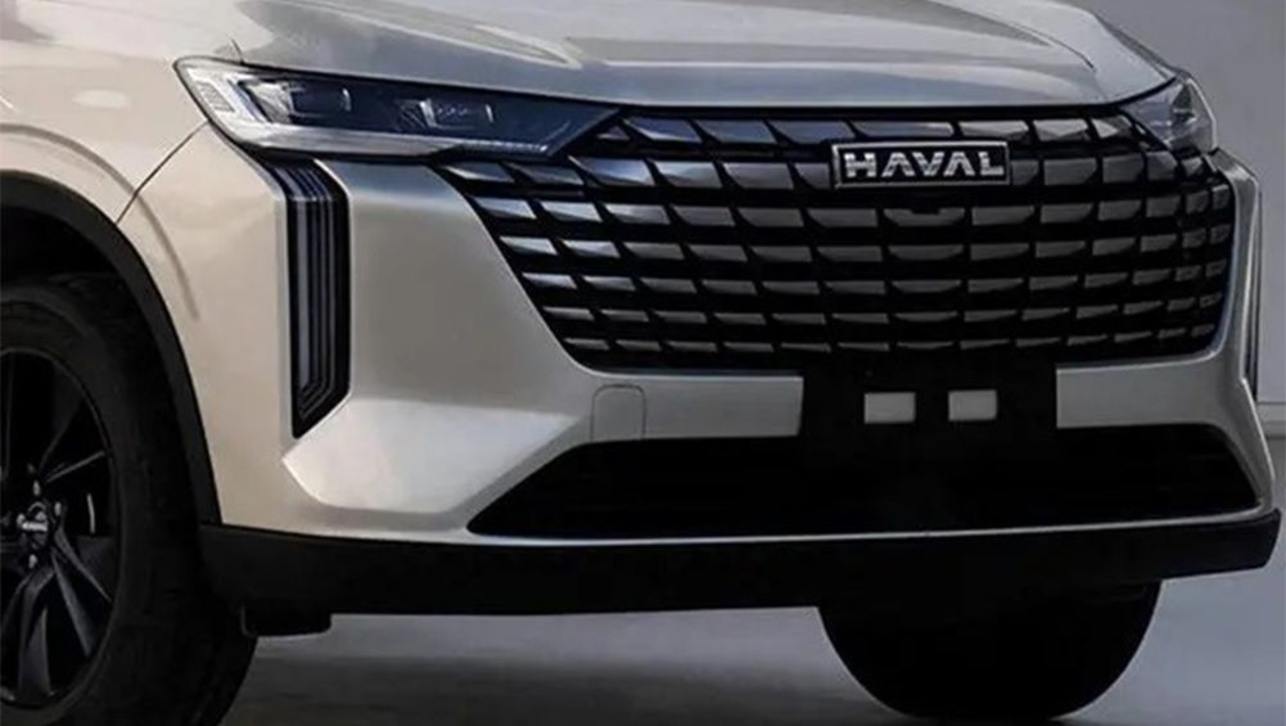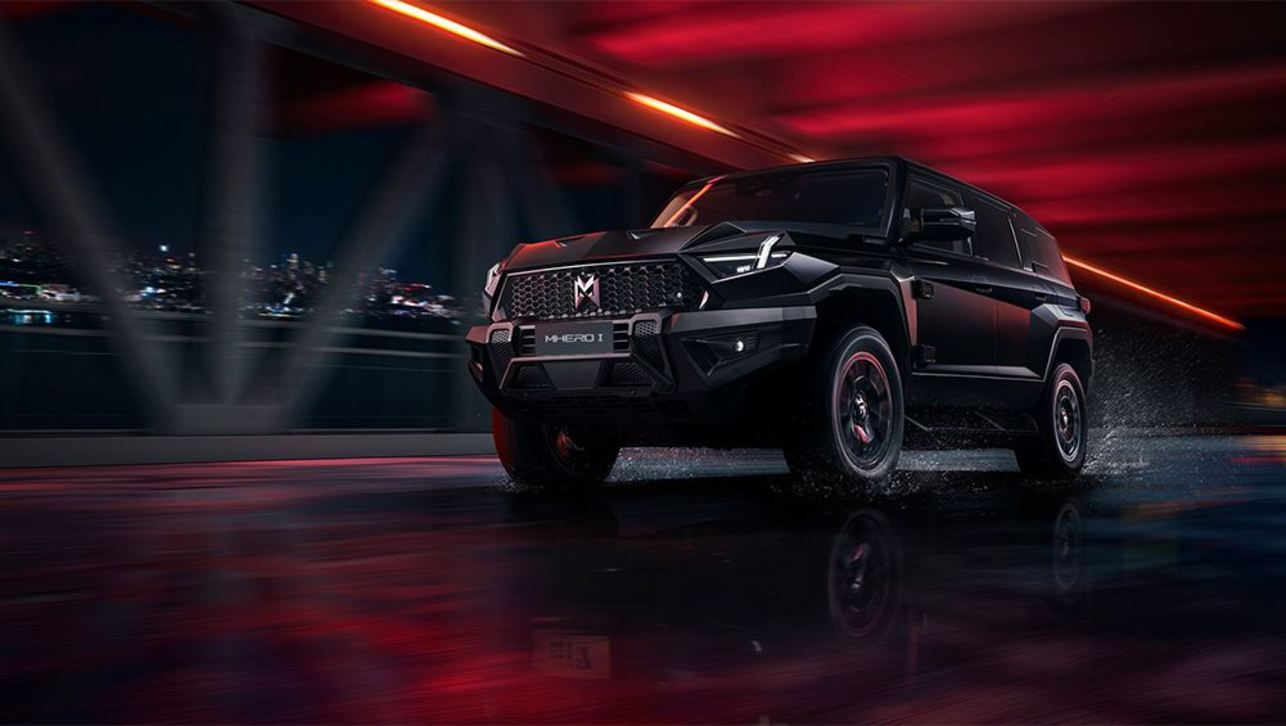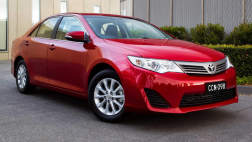Volkswagen's next generation Golf will run on engines as small as one litre through a 10 speed automatic transmission and could use electric assistance technology to move them off the mark.
Though Volkswagen's Mark 7 Golf is not yet a year old, work has begun on the 2020 model and the rest of range which that share its platform. Speaking to Carsguide on the eve of the Frankfurt motor show, board member and powertrain chief Dr Heinz-Jakob Neusser confirmed the VW's that are on the way will reflect that old sore that less can be more.
That is they will use smaller engines to carry a bantam weight of less than 1200kg in return for bettering VW Group targeted fuel consumption of five litres per 100km - in diesel and petrol versions.
"From Mark 6 Golf to Mark 7 there is at least 60kg in average and up to 100kg less weight per version," Neusser says. "There will be at least that reduction again for Golf 8.
"That is absolutely important. How shall we do this? Possibly carbon fibre like the XL1 (VW's futuristic study car). We do a lot of steel improvement, warm manufactured steel. The net step for weight reduction is the use of aluminium inside the car but we don't need to have aluminium space frame."
While carmakers appear to be engaged in a game of one up gearmanship - eight forward speeds is the benchmark with Mercedes-Benz and Lexus about to implement nine gear boxes - Neusser speaks of 10 coming in from mid-decade. But with a difference.
"This is not a six speed transmission with additional gears. They are intermediate. The idea is to shift the gears into different ways of moving. We have very short ratios for the low gears, a broad spread for the six driving gears and two gears that are very long to bring the revs down as low as possible. Six driving gears is enough."
And while doomsayers predict the end of diesel, Neusser says economy improvements will continue to see turbo diesels run leaner than petrol/electric hybrids such as the Prius. "We have the capability to achieve fuel economy improvements in both of around 15 per cent," he says. "We do a lot to bring spark ignited (petrol) engines to this economy level. But you have 12 per cent more energy in diesel in any given amount. That's physics.
"I would say that for a short term driver, five to 10 km, it is more enjoyable to drive spark ignition. But for long distance, motor ways, you can drive 1000km with a tank full of diesel." The mainstream Golf model uses 1.4 turbo petrol engines. It's 2004 equivalent used a 2.0-litre unit. Neusser says there is a "strong strategy to increase this downsizing effect in the next generation".
"But you come to very significant barriers. Looks at, say, a Passat and take the 1.4 litre turbo charged petrol engine which has no significant turbo lag. And say you replace this with a 1.2 litre engine or a 1.0-litre engine with three cylinders which has the same torque at a lower level.
You will have the point if you decrease displacement behaviour gets worse and you will feel turbo lag. So we are working special charging supporting systems to close down this lag."
An electric motor? "Well, you'll need to give us a few months to work out how we are doing it, but I want to announce this is well under way. The next generation cars in the middle of this decade, you will see the first of them."



.jpg)
.jpg)



.jpg)
.jpg)
.jpg)


.jpg)

.jpg)
.jpg)













Comments